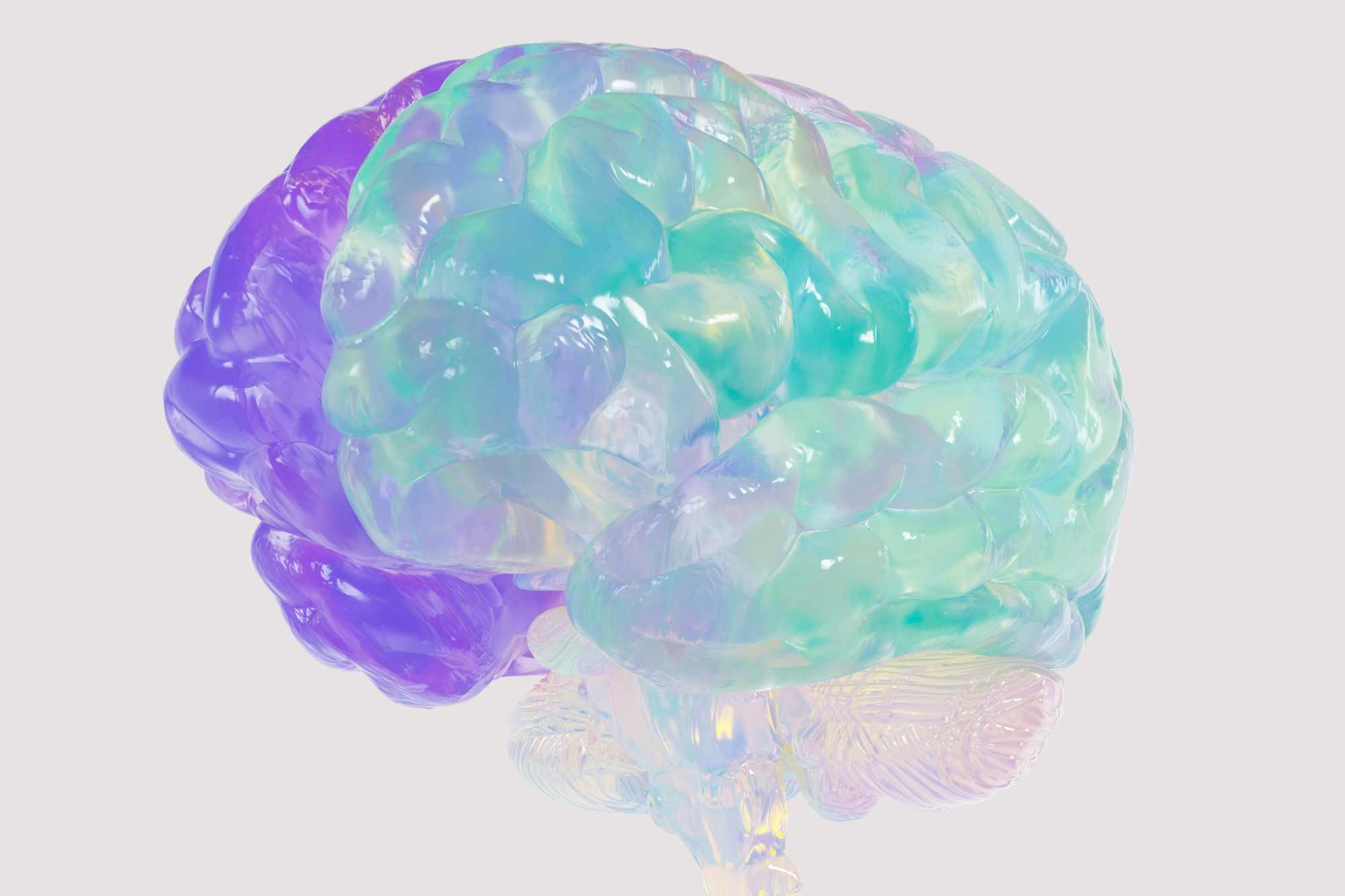Inner narratives keeping us stuck
What beliefs are keeping you stuck?

Life inevitably brings moments that challenge us, and within these moments, certain deeply held beliefs. These beliefs guide how we see ourselves, others and the word, and can shape how we experience emotions, and how we respond to them. While we all carry beliefs that can cause distress, recognising them and holding them more lightly can significantly reduce their emotional grip.
While you read this article, I invite you to pause, reflect, and ask whether the statements presented below serve you, or whether they are keeping you stuck. As you read them, notice which feel particularly resonant.
- I must be liked by everyone
- My worth depends on constant achievement
- The world is a fair place and I should be treated fairly
- I need to be perfect at all times
- People should listen to me and do things the way I do them
- When I do something badly, I am a failure
“I must be liked by everyone”
This pattern often emerges from our desire for connection and belonging. While wanting others to like us is perfectly natural, insisting that everyone must like us can create unnecessary suffering. When we hold this belief too tightly, it can prevent us from honouring our own needs. When we loosen this rigid expectation, we free ourselves to be authentic and make choices based on our values rather than constant approval-seeking.
“My worth depends on constant achievement”
We may believe that our value comes from what we do rather than who we are. Your worth isn't earned through achievements; it exists independent of your productivity. Accomplishments can bring satisfaction and growth, but they don't determine your fundamental value as a person.
When reflecting on who you are, focus on your values and what truly matters to you, rather than the roles you play or the titles you hold. By separating your identity from your achievements, you can pursue goals from a healthier place, such as those motivated by genuine interest and curiosity, rather than a need to prove your worth.
“The world is a fair place and I should be treated fairly”
When fairness becomes our expectation, we can be blindsided by life's inevitable inequities. Accepting the truth that life isn’t always fair, can make us more resilient. It can mean that we approach unfairness as a problem to work through, with less overwhelm, or shock.
“People should listen to me and do things the way I do them”
This thought often emerges from our deep understanding of what works for us. Yet when we hold too tightly to this belief, we often miss the wisdom from different perspectives- after all, we don’t know what we don’t know.
To work with this tendency, you might consider pausing before suggesting your way, and asking others how they might approach the situation. Notice what you can learn. Over time, this openness can expand your understanding and lead you to appreciate other perspectives. You may arrive at better outcomes that take into account everyone involved.
“When I do something badly, I am a failure”
Notice how this thought might appear in quiet moments after something hasn't gone as planned. Remind yourself that everyone makes mistakes, and things often don’t work out perfectly. When things don’t turn out the way we hoped, try to see it as a learning experience rather than a critical judgment about yourself. Celebrate that you tried, gained new insights, and now have more information about what works and what doesn’t.
You might notice a common thread in these patterns - the words "must," "should," and "always" often appear when our thoughts become rigid. These words show demanding expectations, rather than simple preferences.
Consider how it feels to hold these beliefs more gently:
- Instead of "I must be liked," perhaps "I prefer when connections feel natural"
- Rather than "I should always achieve," maybe "I enjoy growing and learning"
- In place of "The world must be fair," consider "I can navigate both fairness and challenge"
As you reflect on these patterns, notice which ones feel familiar in your own experience. What emotions arise as you consider them? How does it feel to hold these beliefs more gently?
What other beliefs are keeping you stuck, and how might you hold them more gently too?
“The greatest discovery of my generation is that a human being can alter his life by altering his attitudes of mind." - William James.
Written for Dala Health


.jpg)
.jpg)
.jpg)